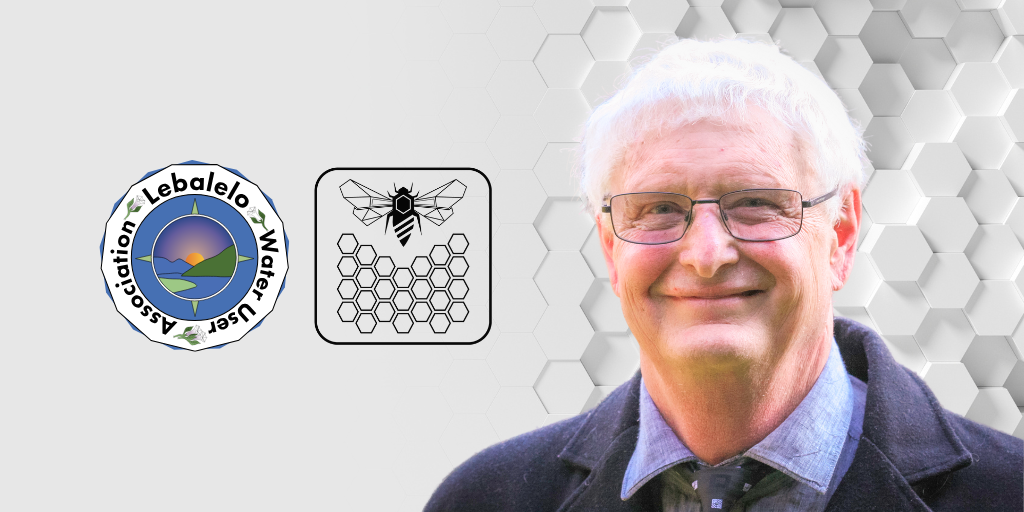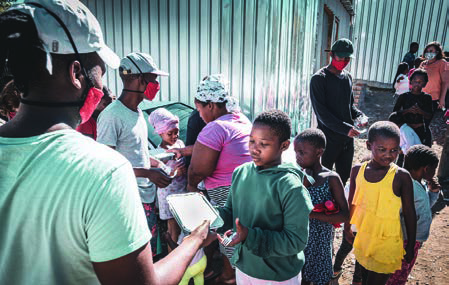Local Government
Sweetening Regional Linear And Utility Infrastructure Development Through Public–Private Collaboration
From persistent water shortages to ongoing energy challenges, neither Government nor the private sector can tackle these issues in isolation.
To navigate these obstacles, South Africa must adopt a collaborative approach, similar to that of the Government of National Unity (GNU), leveraging the unique strengths of the public and private sectors to develop sustainable, impactful solutions, says Lebalelo Water User Association (LWUA) CEO Bertus Bierman.
“When these sectors align, combining resources and expertise, as well as a shared commitment to success, they will unlock new possibilities for large-scale infrastructure development.” “When these sectors align, combining resources and expertise, as well as a shared commitment to success, they will unlock new possibilities for large-scale infrastructure development.”
LWUA has developed an alternative model for infrastructure development called the “hive concept”, which draws inspiration from the natural world. The concept reflects the need for synergy between government, industry and communities to build infrastructure that serves everyone, creating a foundation for long-term economic and social stability.
Just as bees work together to build and maintain a hive, where each contributes to and benefits from the collective effort, public and private entities can join forces to construct, operate and sustain regional infrastructure, explains Bierman.
“The ‘honey’ in this case is the long-term, shared benefits that flow from well-maintained infrastructure, benefiting not only businesses but also the communities they serve.”
LWUA serves as a non-profit aggregator (representing the hive) where its members (the bees) collectively bring in resources and expertise to develop and sustain the infrastructure system for shared benefit (the honey).
The Olifants Management Model Programme (OMMP), a R25-billion publicprivate collaboration being implemented by LWUA, is a practical example of how the principles of collective governance can be applied to infrastructure development.
“Much like the formation of GNU, LWUA unites Government, represented by the Department of Water and Sanitation, and commercial water users, which include mining companies and industrial users, to develop essential water infrastructure in Limpopo,” advances Bierman.
The OMMP builds on government’s original Olifants River Water Resources Development Project and expands it to include potable water infrastructure provisioning. Rolled out in phases, the programme aims to fast-track the construction of bulk raw and potable water infrastructure for communities and commercial users in Sekhukhune District Municipality and Mogalakwena Local Municipality, optimise existing infrastructure and water supply of the De Hoop and Flag Boshielo dams in the Middle Olifants catchment, and enhance water supply to Polokwane Local Municipality. By integrating potable water infrastructure alongside bulk raw water supply, it aims to serve communities and businesses, ensuring reliable water supply to both.
Based on LWUA’s experience with the OMMP, Bierman says that this collaborative model can be replicated across other sectors with deteriorating or insufficient infrastructure by adhering to six key principles: identifying a common need, building trust early on, focusing on socioeconomic impact, creating a collaborative structure, sharing responsibility and risk as well as being patient and adaptable.
The public–private collaboration model offers a scalable and adaptable approach to tackling the infrastructure challenges facing South Africa, he highlights.
“It holds promise for similar large-scale projects in other sectors, such as energy, transport and telecommunications, where extensive regional linear and utility infrastructure is required.”
By pooling public and private resources, sharing control and aligning goals, South Africa can fast-track development while ensuring that the benefits are distributed equitably in support of a prosperous and sustainable future for all South Africans, concludes Bierman.
Find out more at www.lebalelo.co.za/omp.





